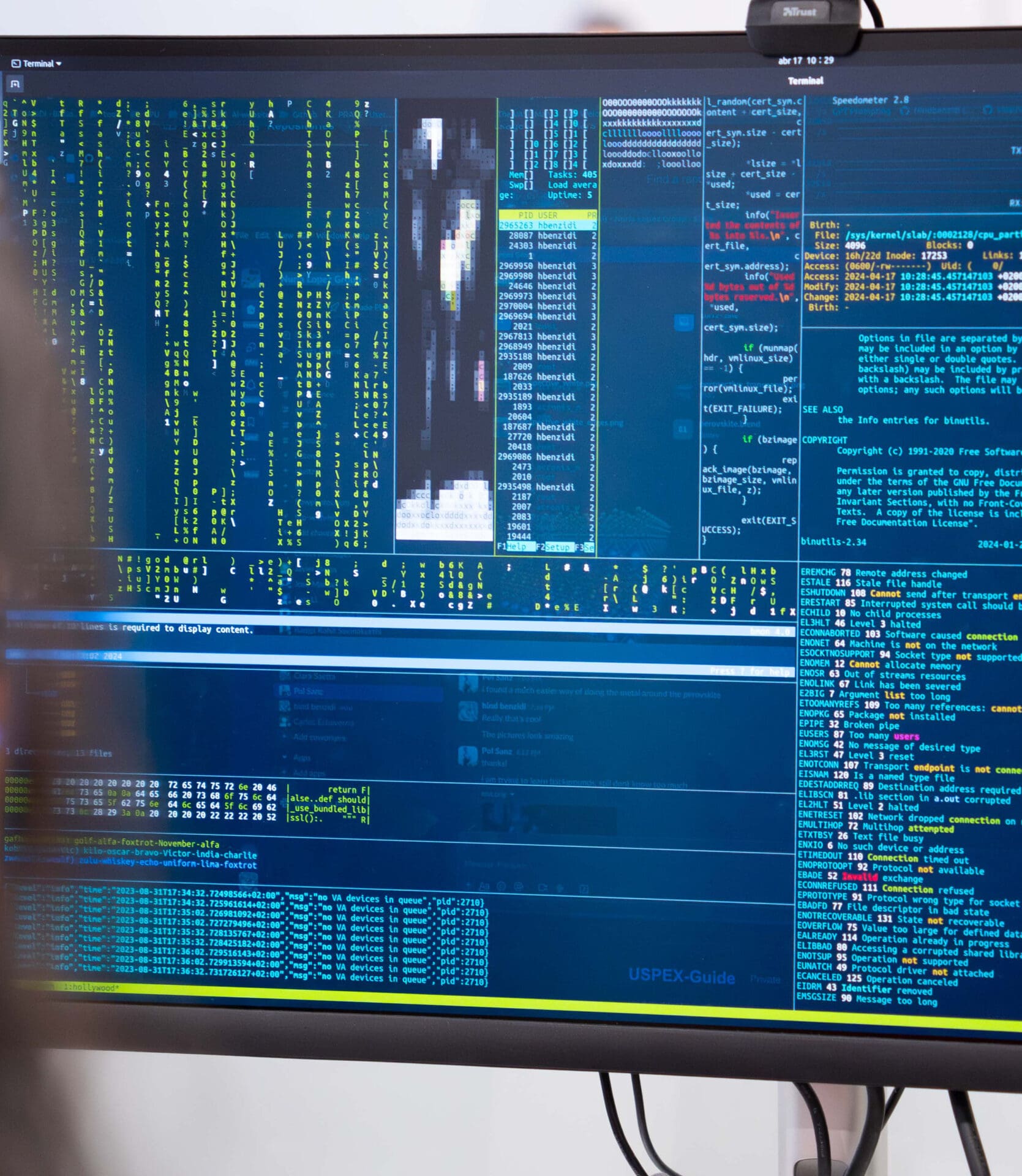Facet-Dependent Electrocatalytic Water Splitting Reaction on CeO2: A DFT+U Study
Ceria has attracted considerable interest for the high-temperature electrocatalytic water splitting reaction (WSR) in solid oxide electrolysis cells (SOECs) due to the large active surface area enabled by its accessibility to ions, electrons and gas molecules. The mechanism of the WSR on the (111) facet of ceria has been studied extensively and hydroxyl decomposition is widely reported as the rate-determining step. However, WSR on other most-often exposed low-index surfaces like CeO2(110) and CeO2(100) remains unclear, especially the effect of high temperature on the formation of hydroxyls with different hydrogen coverage (ϴH) and reaction pathways. After identifying stable electron localization on cerium by using density functional theory corrected for on-site Coulomb interactions (DFT+U), we found that the formation of reaction intermediates such as oxygen vacancies, hydroxyls and vacancy-hydroxyl mixed phases on CeO2(100) is much more stable than that on CeO2(110) and CeO2(111). The higher stability of hydroxyls on CeO2(100) inhibits hydroxyl decomposition into H2, as compared to the reaction on the (110) and (111) facets, leading to the WSR on CeO2(110) and CeO2(111) 10∼100 times faster than the reaction on CeO2(100) at temperature (T) < 950 K. In addition, we investigated the WSR via the formation of hydroxylated ceria with different coverage ϴH and found that the most efficient reaction pathway is also strongly facet-dependent, with the WSR on CeO2(100) and CeO2(111) preferentially proceeding on their overly hydroxylated surfaces (ϴH>1, beyond one monolayer), while ϴH of the most active hydroxylated CeO2(110) decreased with the increase of temperature because of the unstable formation of highly hydroxylated CeO2(110) at high temperature. Our studies shed more light on the facet sensitivity of electrocatalysis on ceria.

Wu, T.; López, N.; Vegge, T.; Hansen, H. A.
J. Catal. 2020, 388, 1-10
DOI:
10.1016/j.jcat.2020.05.001

Let's create a brighter future
Join our team to work with renowned researchers, tackle groundbreaking
projects and contribute to meaningful scientific advancements



















